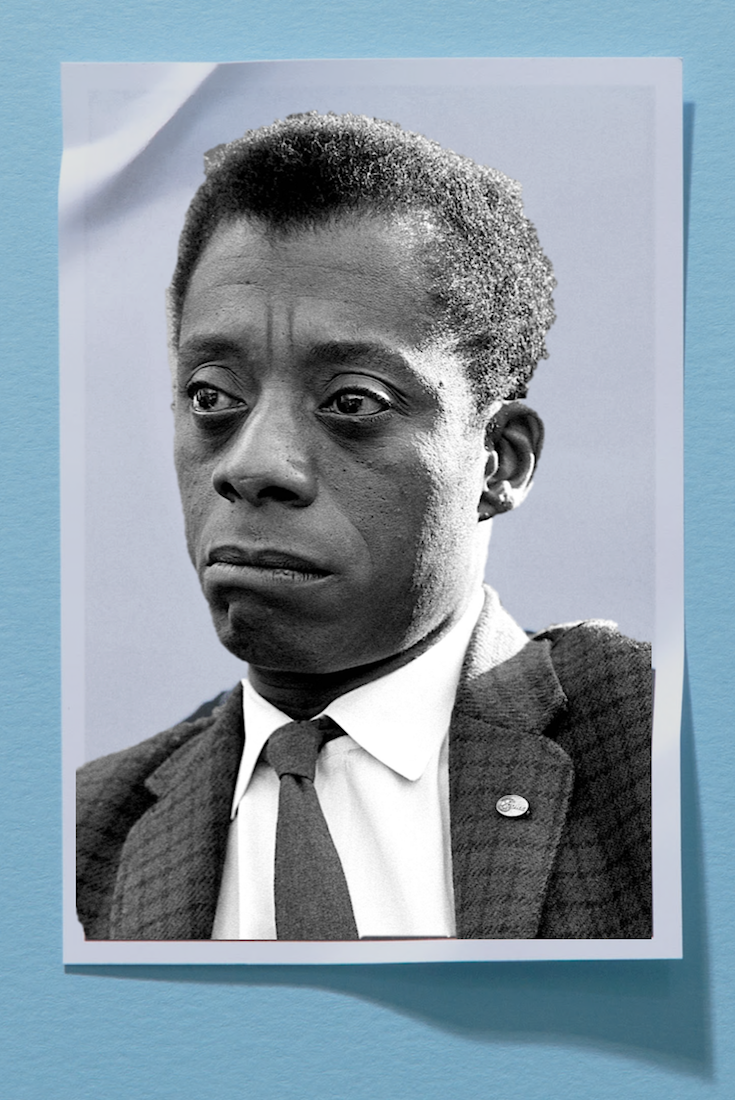Some biographies are weighty, definitive tomes that add substantially to the sum of human knowledge; others are brisker accounts that condense the existing record into a digestible narrative. This new biography of the African American novelist, critic and playwright James Baldwin falls squarely in the latter category, but is well worth a read. It examines the trajectory of Baldwin’s political thought on the interlocking questions of race, class and sexuality. At just under 200 pages, it is a smart and concise introduction to a writer whose trenchant insights into the nature of US politics and culture are as relevant today
as they have ever been. [mc4wp_form id=”6042″]
Bill V Mullen sees Baldwin as something of a reluctant radical. Though he associated with communists in his youth, and his analysis of the historical plight of African Americans drew from Marxist political economy (“we have been functioning … for 400 years as a source of cheap labour”), Baldwin had misgivings about the left. He noted with some bitterness that the discrimination routinely practised by many US trade unions made a mockery of the notion that black and white workers could find common cause in the labour movement. He had no truck with Soviet communism, advocating instead what Bobby Seale, the co-founder of the Black Panthers, called a “Yankee Doodle type socialism”.



You must be logged in to post a comment.